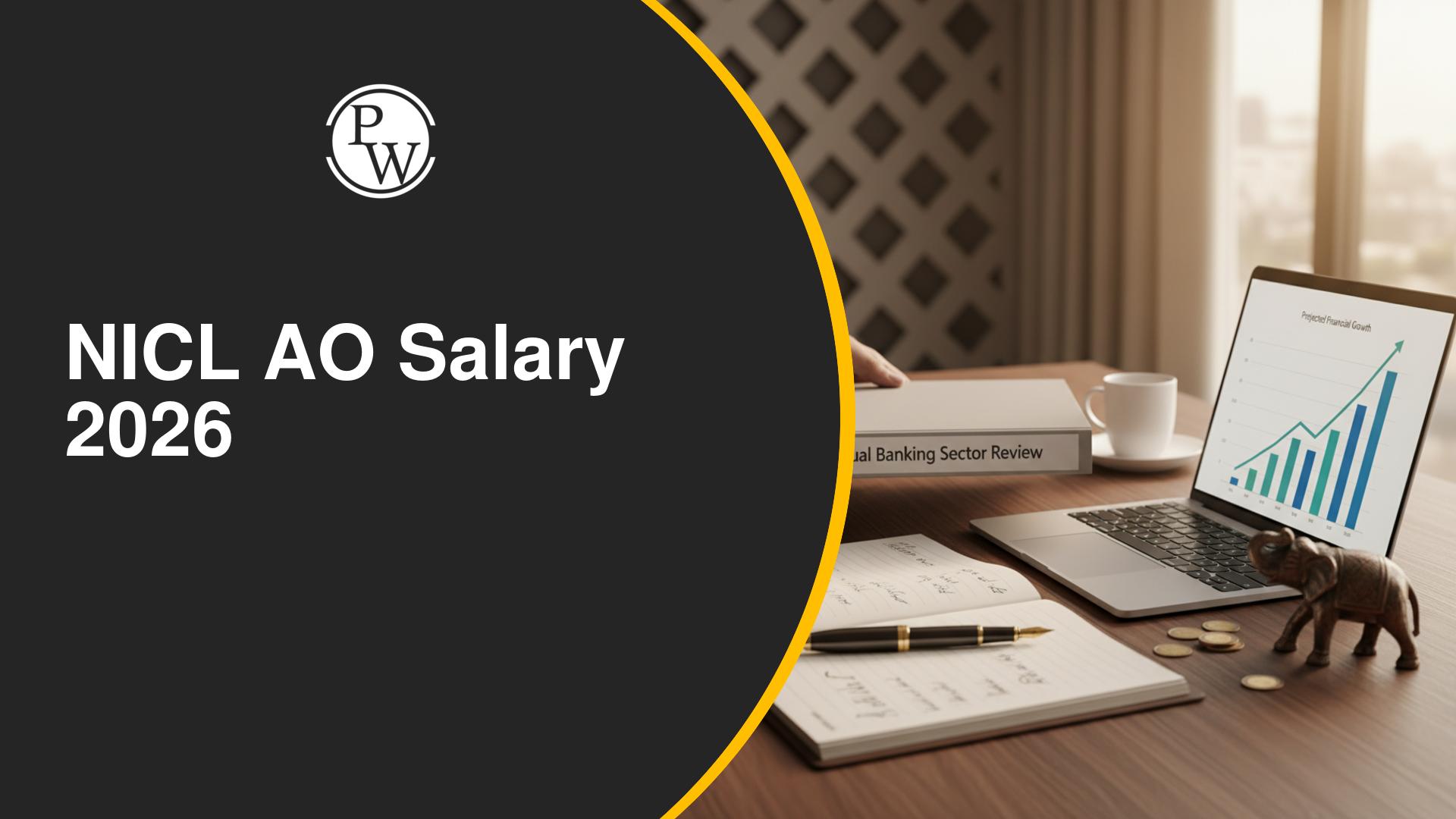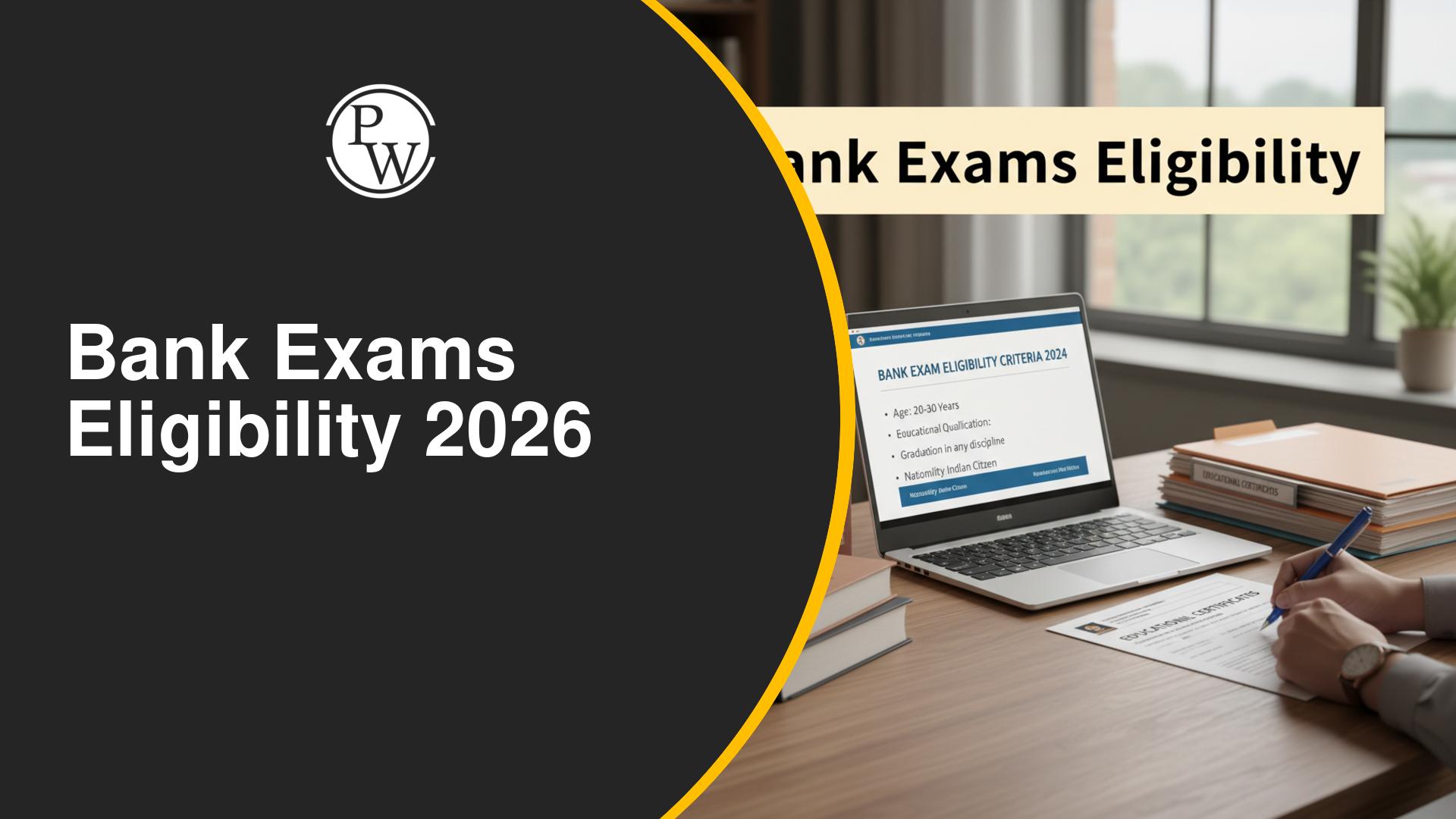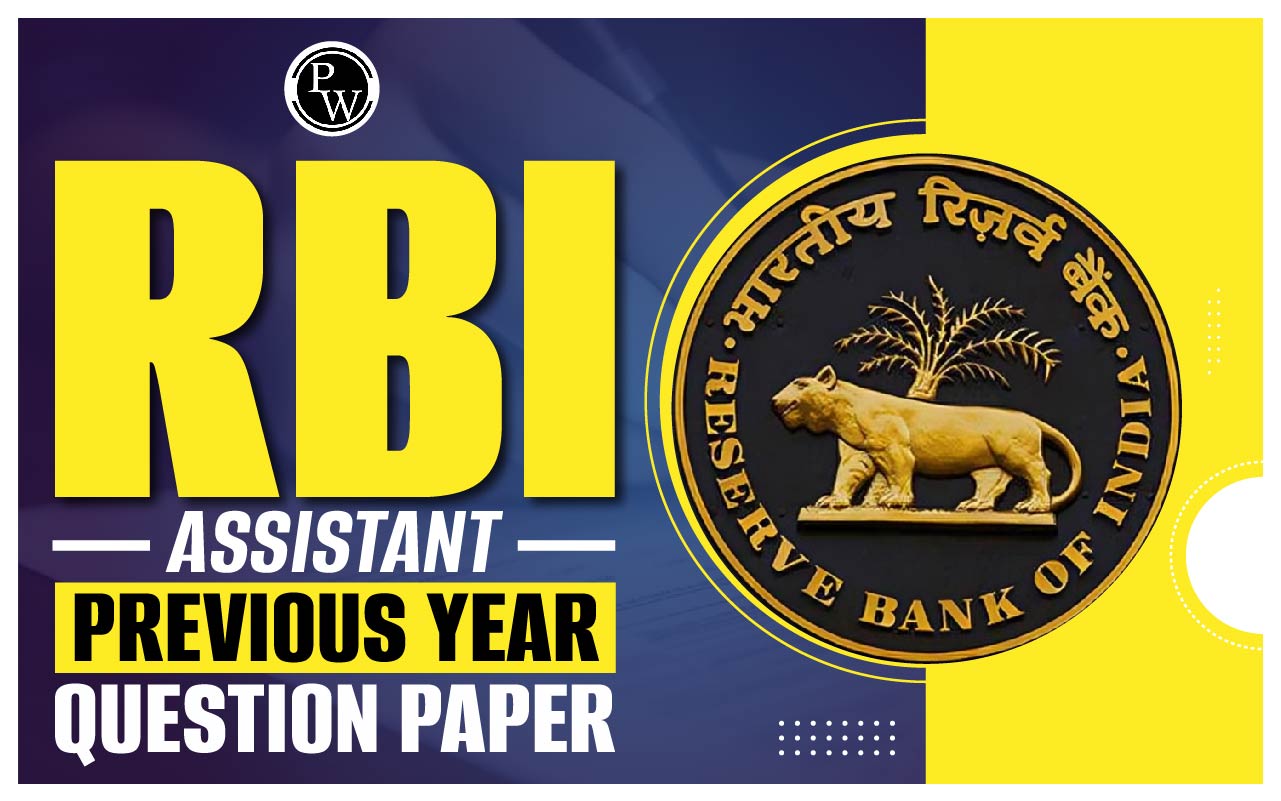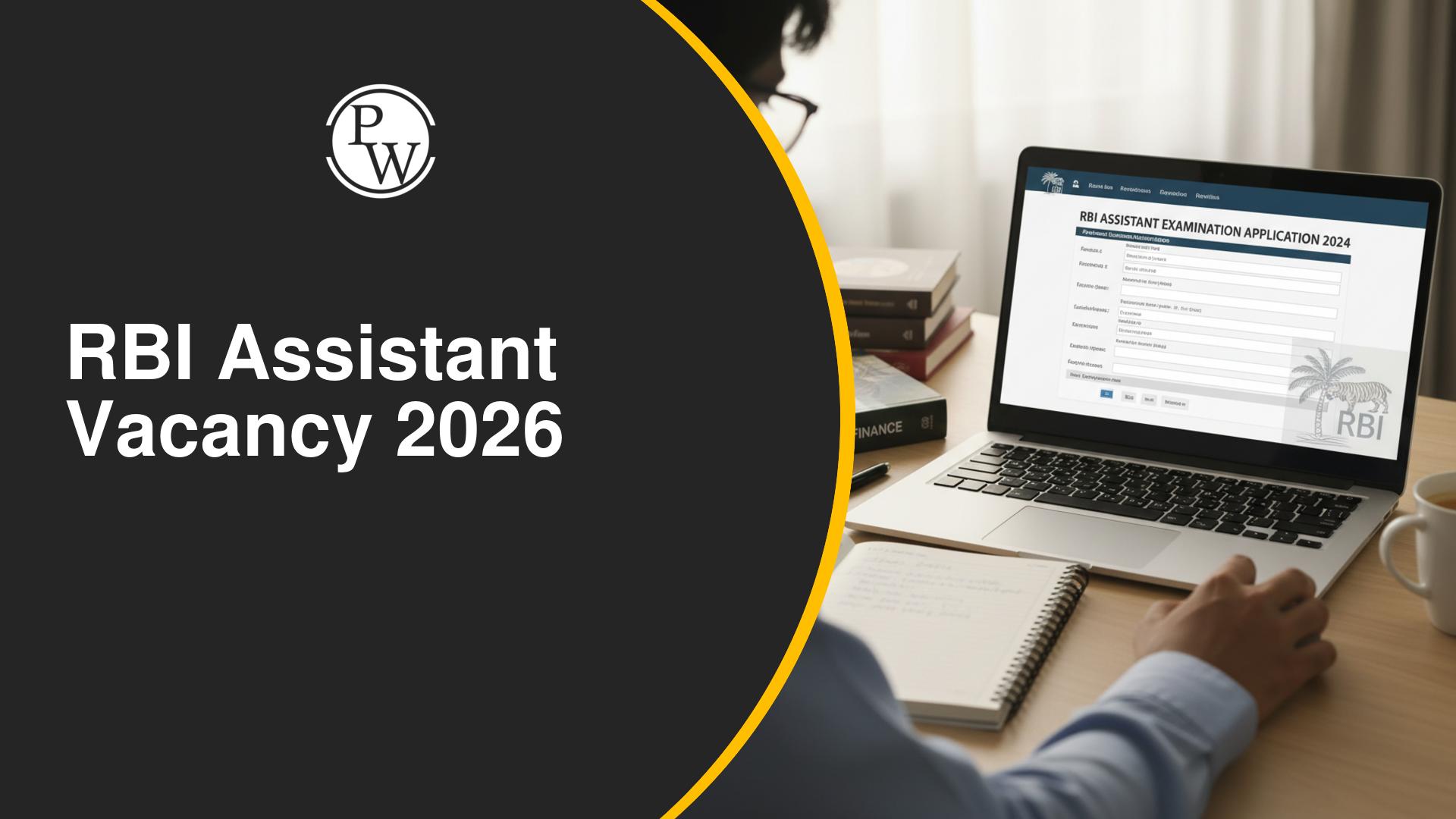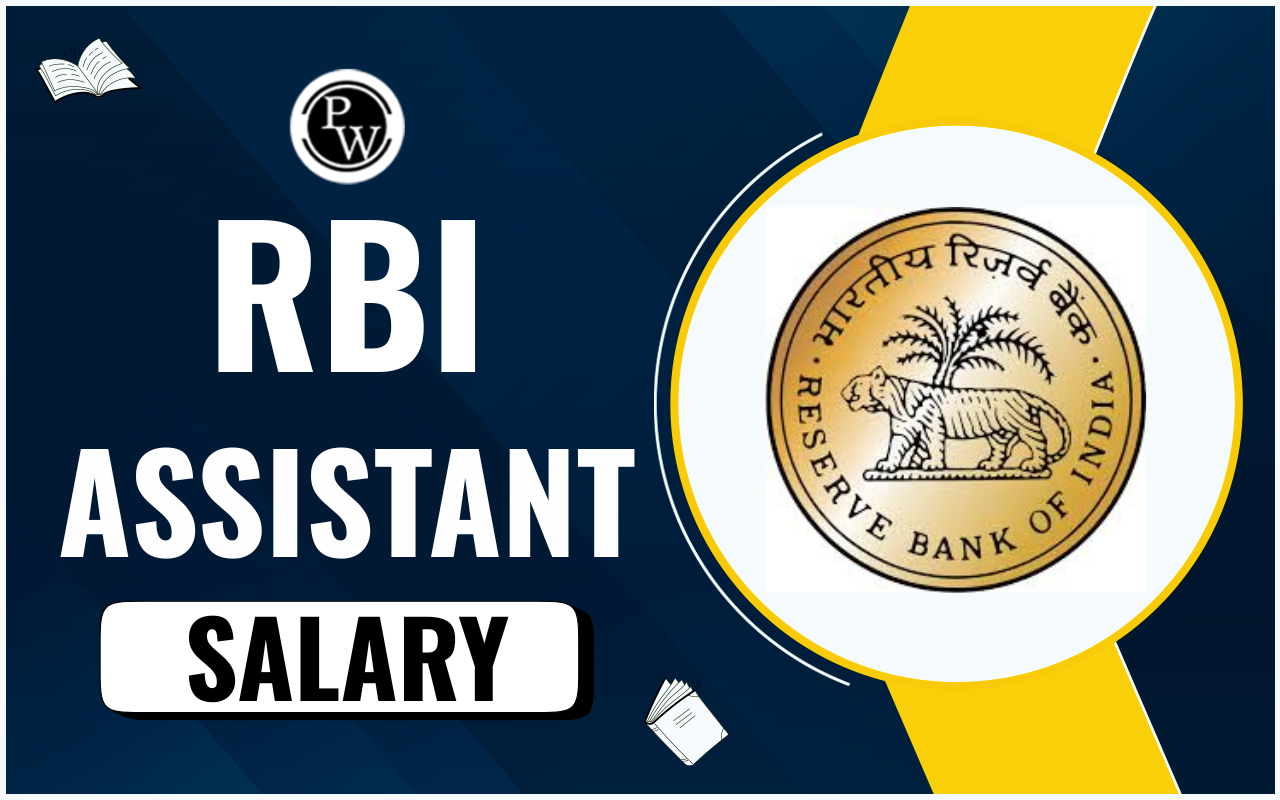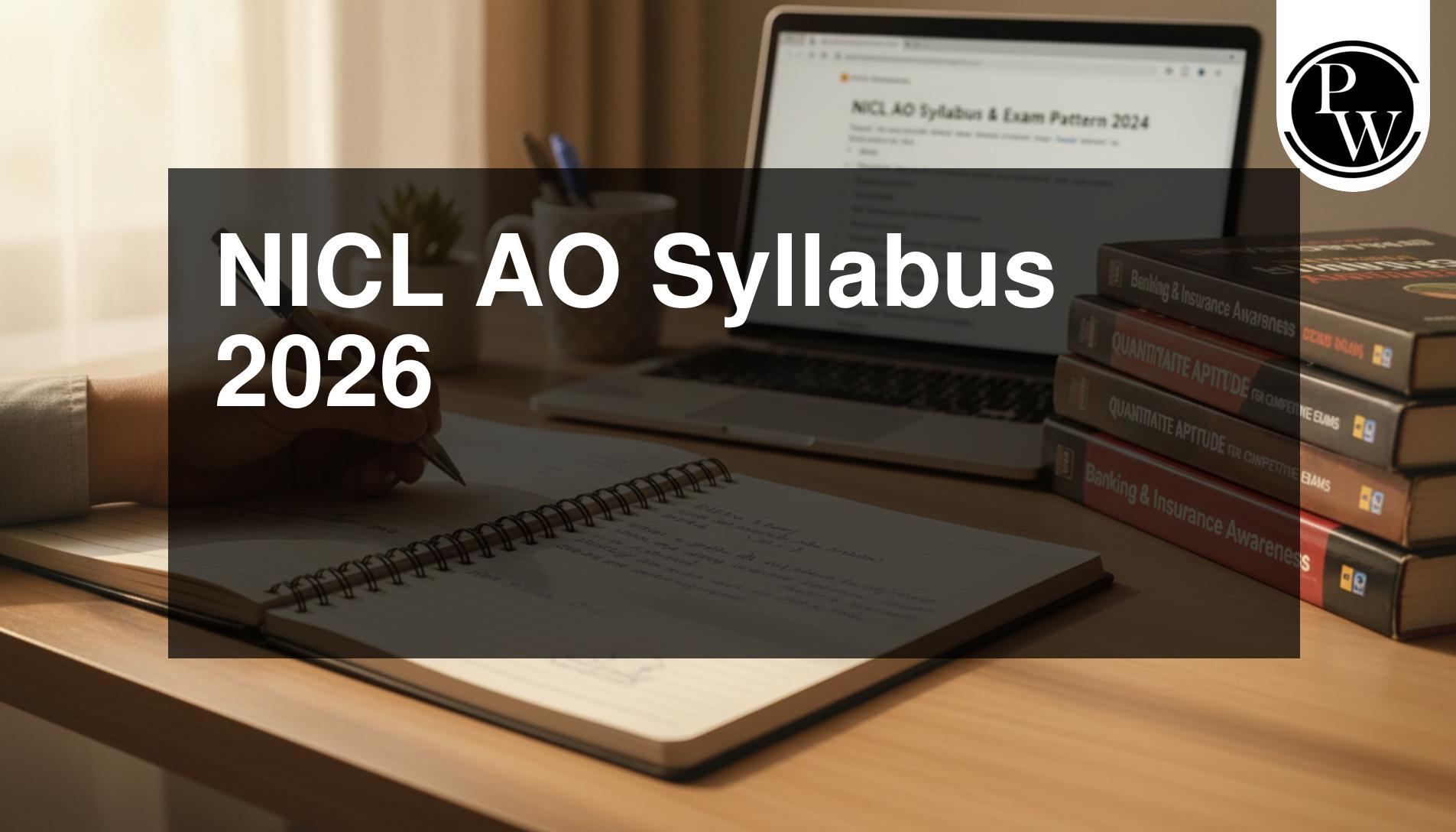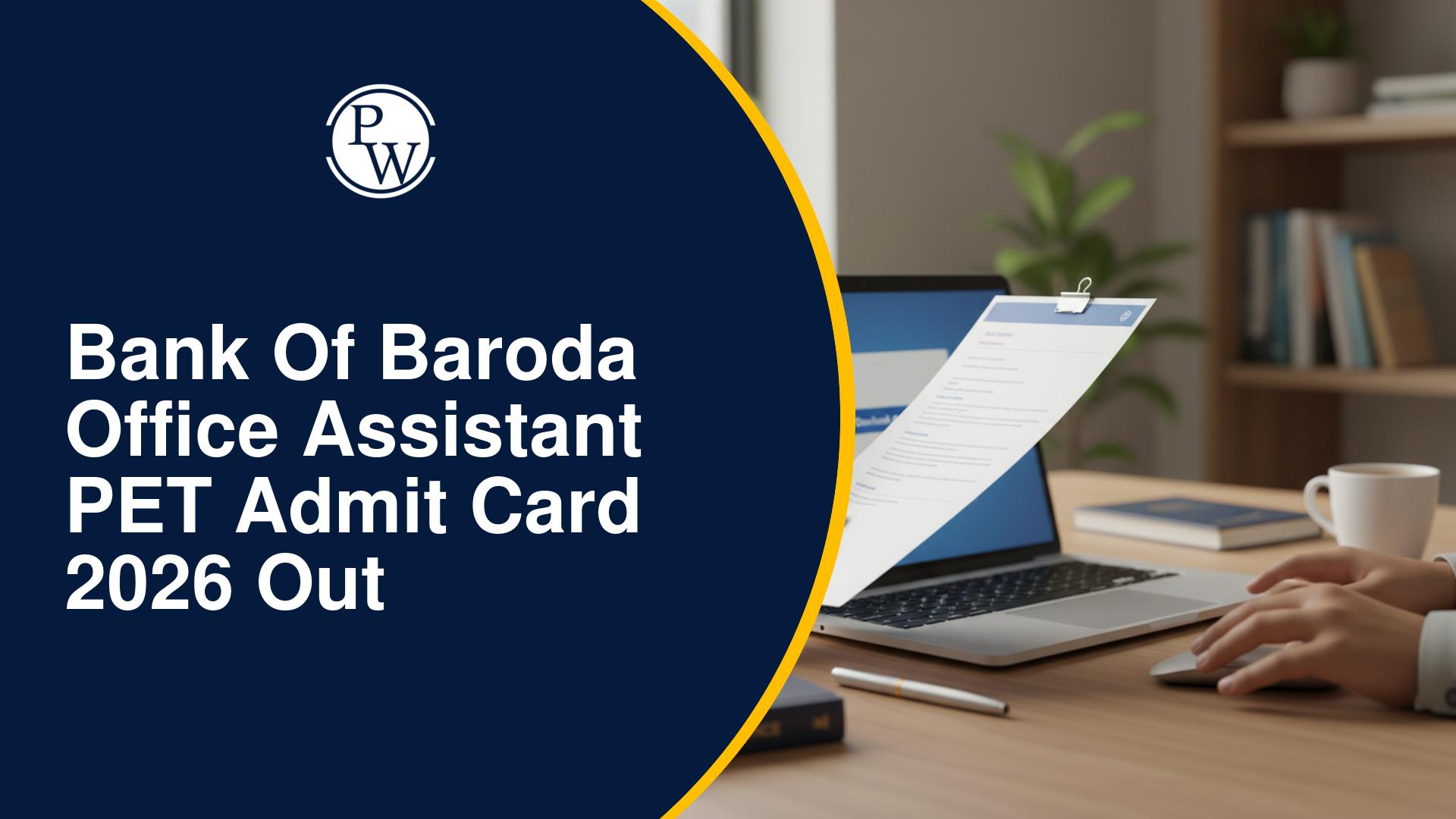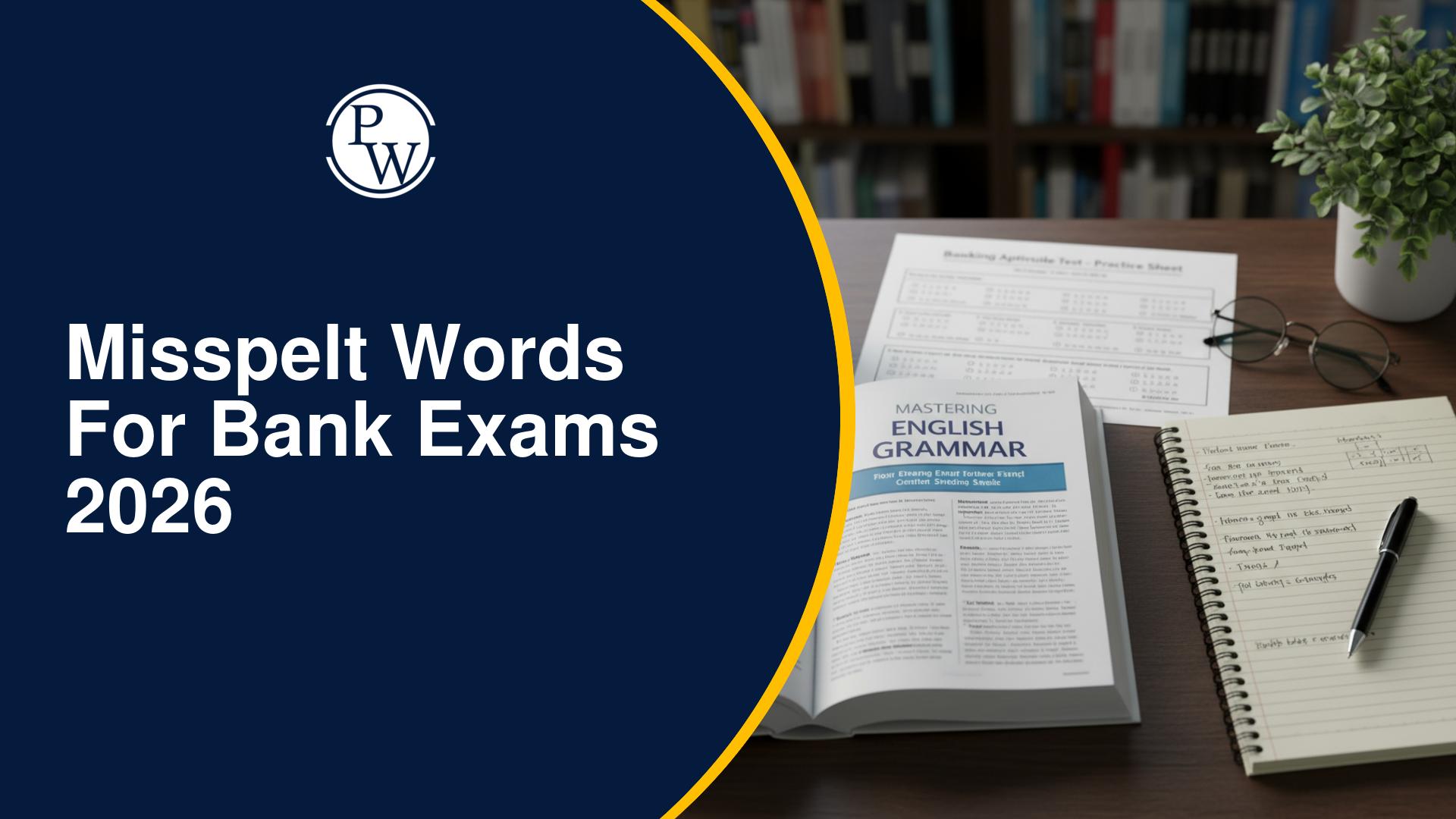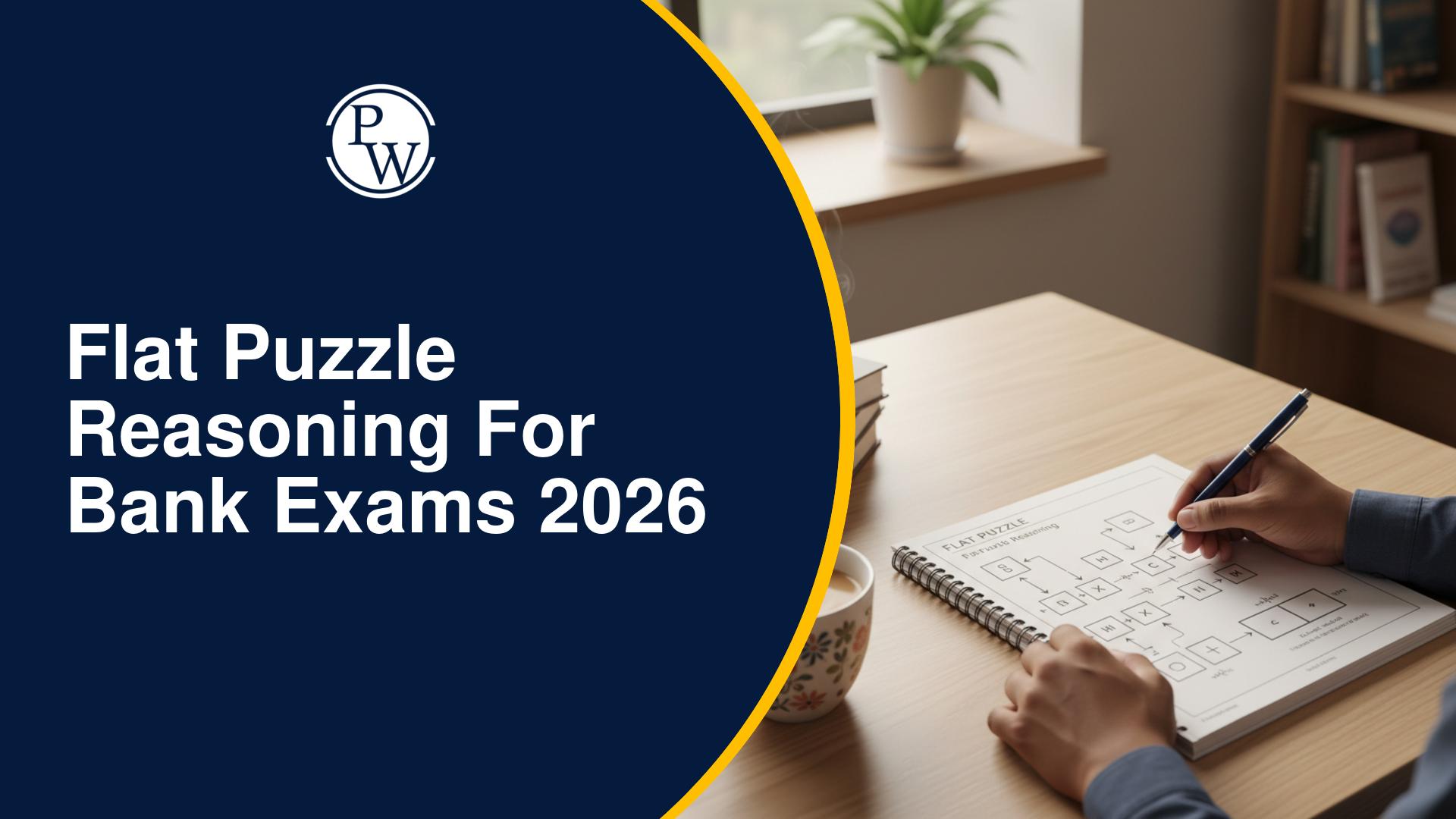
Tenses: In English, the term "tense" describes the quality of the verb in a sentence. The exact instant that an event is occurring can be described using the tense of a verb.
English Tenses
Definition of Tense- The Merriam-Webster Dictionary gives a somewhat different definition of the term “tense,” which it defines as “any of the forms of a verb that may be used to show the time of the action or situation expressed by the verb.” It states that “a distinction of form in a verb to represent distinctions of time or duration of the action or state it denotes” is what the word “tense” means. The Collins Dictionary defines “tense” as “any of the forms of a verb which reveal the time at which an action happened,” while the Cambridge Dictionary defines “tense” as “any of the forms of a verb which show the time at which an action happened.”Types of Tenses
The English language includes three primary tenses: past, present, and future, each of which can be simple, continuous, perfect, or perfect continuous. These forms are used to express various times, aspects, and sometimes the mood of an action or condition. Here’s an overview of each type with examples:Simple Tenses
- Simple Past : Used for actions that happened at a specific time in the past.
- Simple Present : Indicates general truths, habits, or actions happening in the current time.
- Simple Future : Used for actions that will happen in the future.
Continuous (Progressive) Tenses :
- Past Continuous : Used for actions that were ongoing at a specific time in the past.
- Present Continuous : Used for actions happening at the moment of speaking.
- Future Continuous : Indicates that an action will be in progress at a future time.
Perfect Tenses
- Past Perfect : Used for actions that were completed before another action in the past.
- Present Perfect : Used for actions that started in the past and continue to the present, or have happened at an unspecified time before now.
- Future Perfect : Used for actions that will be completed before a specific moment in the future.
Perfect Continuous Tenses :
- Past Perfect Continuous : Used to show that something started in the past and continued up to another action in the past.
- Present Perfect Continuous : Indicates an action that began in the past and has continued up to the present moment.
- Future Perfect Continuous : Used to show that something will continue up until a particular event or time in the future.
Tenses Chart with Rules and Examples in English
| Tenses Chart with Rules and Examples in English | ||
| Tense | Formula & Rules | Example |
| Simple Present Tense | Subject + base form of the verb/verb+s/es (if needed) + rest of the sentence | He takes oats for breakfast. |
| Simple Past Tense | Subject + past form of the verb (verb 2) + rest of the sentence | She went for a walk early in the morning. |
| Simple Future Tense | Subject + helping verb (will) + base form of the verb + rest of the sentence | Jeffry will travel around the country in December. |
| Present Continuous Tense | Subject + am/is/are + present participle (verb+ing) + the rest of the sentence | I am watching television. |
| Past Continuous Tense | Subject + was/were + present participle (verb+ing) + the rest of the sentence | She was completing her work when her mother came back. |
| Future Continuous Tense | Subject + will be + present participle (verb+ing) + rest of the sentence | Children will be going to school. |
| Present Perfect Tense | Subject + have/has + past participle (third form of the verb) + rest of the sentence | I have worked as an educator for two years. |
| Past Perfect Tense | Subject + had + past participle (third form of the verb) + rest of the sentence | You had worked as a clerk for five years. |
| Future Perfect Tense | Subject + helping verbs (will have) + third form of the verb + object | I will have done this work before she comes. |
| Present Perfect Continuous Tense | Subject + have/has + been + present participle (verb+ing) + since/for (if needed) + the rest of the sentence | You have been telling the truth. |
| Past Perfect Continuous Tense | Subject + had + been + present participle (verb+ing) + since/for (if needed) + the rest of the sentence | I had been living at my uncle’s place. |
| Future Perfect Continuous Tense | Subject + will have + been + present participle (verb+ing) + since/for (if needed) + object | She will have been waiting here for three hours by seven o'clock. |
Practice Questions on English Tenses
Directions: Study the following sentence and mark the erroneous part as your answer. In case there is no error, mark option (e), that is, ‘No Error’ as your answer.- The institution is running (a)/ a special course (b)/ on spoken English (c)/ since 2011.(d)/ No error
- Koushik went (a)/ to school after (b)/ he completed (c)/ his task for the day. (d)/ No error
- The new players(a)/ will played(b)/ the match (c)/before the chairman returns.(d)/No error
- According to (a)/Sayantani and her (b)/friends, it is time (c)/we go home.(d)/No error
- When her (a)/ grandmother reached (b)/ home from the (c)/ market, Soumili had her lunch. (d)/ No error
English Tenses Types and Examples FAQs
Q1, What is the purpose of using different tenses in English?
Ans. Tenses help indicate the timing of actions, showing whether something happens in the past, present, or future.
Q2. Can the future continuous tense be used to make predictions?
Ans. Yes, the future continuous tense can be used to predict or assume about actions that will be ongoing at a future time.
Q3. How does the present perfect tense differ from the simple past tense?
Ans. The present perfect tense connects past actions to the present, unlike the simple past, which only refers to actions that happened at a specific time in the past.
Q4. Why use the past perfect tense instead of the simple past tense?
Ans. The past perfect tense is used to discuss actions that were completed before another past action, providing clarity on the sequence of events.
Q5. When should I use 'since' or 'for' with the perfect continuous tenses?
Ans. Use 'since' with a specific starting point (e.g., a date or time), and 'for' with a duration of time (e.g., two hours, six years).
🔥 Trending Blogs
Talk to a counsellorHave doubts? Our support team will be happy to assist you!

Check out these Related Articles
Free Learning Resources
PW Books
Notes (Class 10-12)
PW Study Materials
Notes (Class 6-9)
Ncert Solutions
Govt Exams
Class 6th to 12th Online Courses
Govt Job Exams Courses
UPSC Coaching
Defence Exam Coaching
Gate Exam Coaching
Other Exams
Know about Physics Wallah
Physics Wallah is an Indian edtech platform that provides accessible & comprehensive learning experiences to students from Class 6th to postgraduate level. We also provide extensive NCERT solutions, sample paper, NEET, JEE Mains, BITSAT previous year papers & more such resources to students. Physics Wallah also caters to over 3.5 million registered students and over 78 lakh+ Youtube subscribers with 4.8 rating on its app.
We Stand Out because
We provide students with intensive courses with India’s qualified & experienced faculties & mentors. PW strives to make the learning experience comprehensive and accessible for students of all sections of society. We believe in empowering every single student who couldn't dream of a good career in engineering and medical field earlier.
Our Key Focus Areas
Physics Wallah's main focus is to make the learning experience as economical as possible for all students. With our affordable courses like Lakshya, Udaan and Arjuna and many others, we have been able to provide a platform for lakhs of aspirants. From providing Chemistry, Maths, Physics formula to giving e-books of eminent authors like RD Sharma, RS Aggarwal and Lakhmir Singh, PW focuses on every single student's need for preparation.
What Makes Us Different
Physics Wallah strives to develop a comprehensive pedagogical structure for students, where they get a state-of-the-art learning experience with study material and resources. Apart from catering students preparing for JEE Mains and NEET, PW also provides study material for each state board like Uttar Pradesh, Bihar, and others
Copyright © 2026 Physicswallah Limited All rights reserved.
